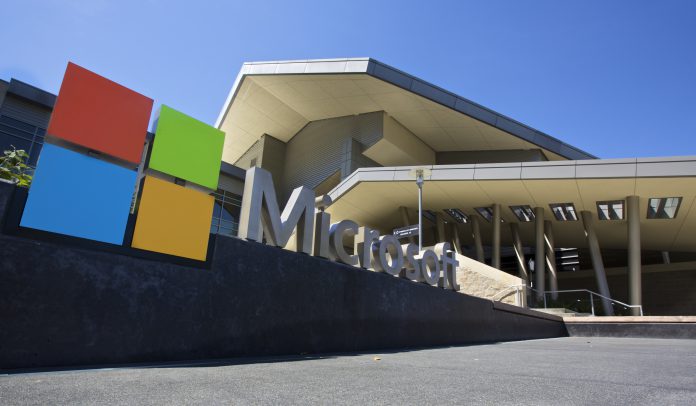Kevin Scott, CTO and EVP of AI at Microsoft, recently presented his viewpoints on the commercialization of AI, GPUs, and the coexistence of art and AI in an interview at Code Conference with The Verge. His conversation covered competition between Bing Chat and Google, the race to acquire and develop high-end GPUs, and strategies that have helped Bing gain small market shares. Scott suggested that Microsoft's AI efforts in recent times have been instrumental towards its progress, following the initial hype that surrounded their launch.
Scott highlighted that while Bing's market share gains have been modest, they are indeed present. The integration of AI into Bing has led to intriguing developments, such as the recent integration of DALL-E 3 into Bing Chat. This AI-driven approach has not only benefited Bing but has also influenced other Microsoft products and services.
The Dynamics of Search and AI
Scott emphasized that the future of search engines might be more intricate than just asking a question and receiving an answer. Often, users are looking to accomplish tasks, and a search query might just be the beginning or middle of that process. Addressing concerns about AI-generated content overshadowing human-created content, Scott believes that the purpose of content creation is to communicate meaningful ideas and connect with the audience. While AI can assist in the creation process, it shouldn't replace the human touch, he argues.
The Role of GPUs in AI Development
A significant part of the conversation revolved around Graphics Processing Units (GPUs), essential for AI model training. Scott oversees Microsoft's GPU budget and noted that while demand for GPUs had previously outstripped supply, the situation is gradually stabilizing. Microsoft's relationship with chip giant Nvidia remains strong. However, Scott hinted at the potential for diversifying their GPU sources, mentioning ongoing collaborations with AMD and the possibility of Microsoft developing its own AI chips.
Open Source vs. Big Models
When discussing the role of open-source models in AI, Scott mentioned that while open-source contributions are valuable, the development of large-scale AI models requires significant capital, primarily due to hardware needs. Microsoft has been actively involved in open-source initiatives, but Scott believes that big models will continue to see significant advancements in the coming years.
The topic of content authenticity was also discussed. Scott shared that Microsoft has been working on cryptographic watermarking technologies for visual content, ensuring content's origin and authenticity. However, watermarking text remains a more challenging endeavor, given the nature of textual data.






